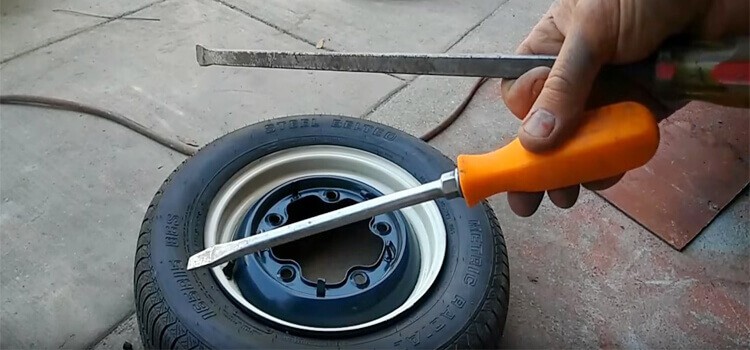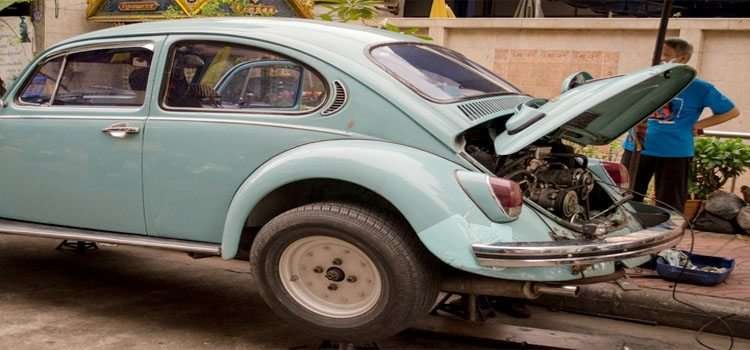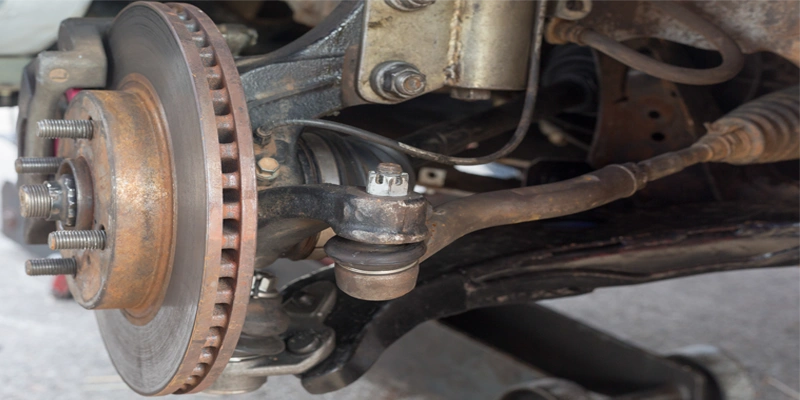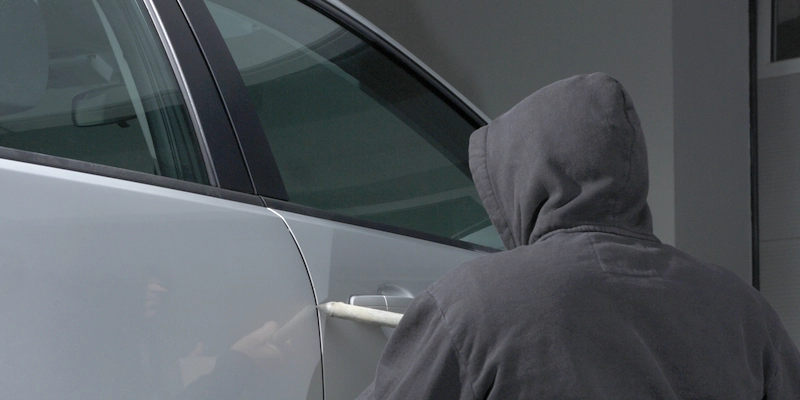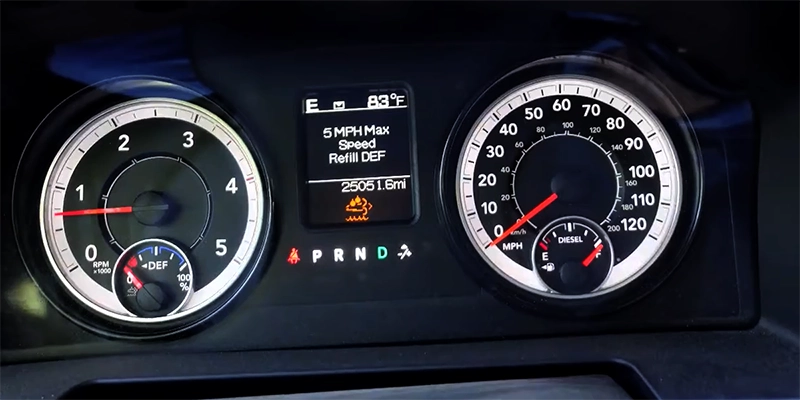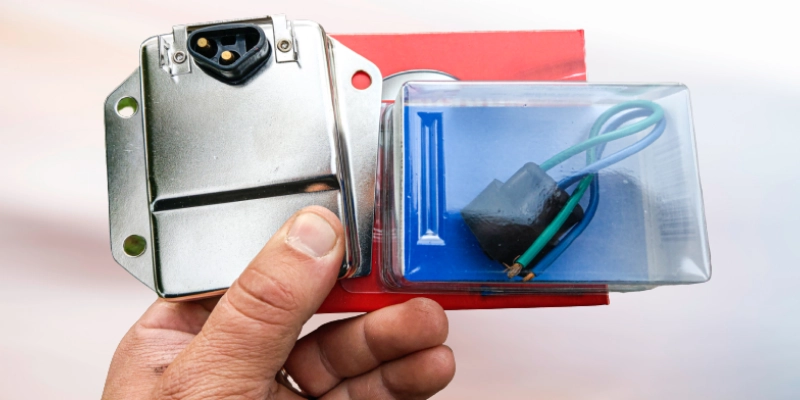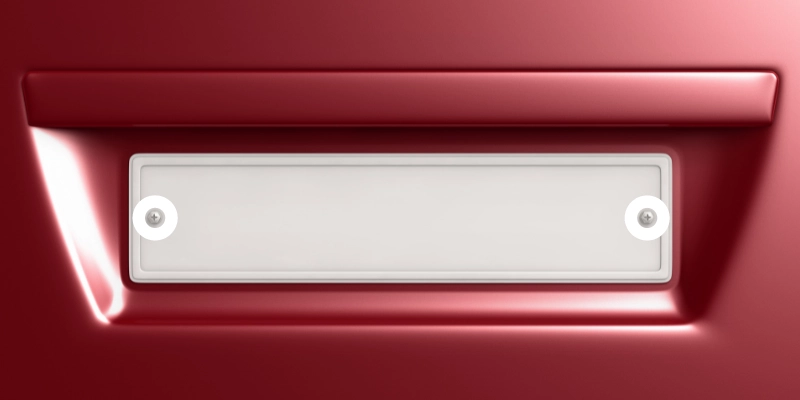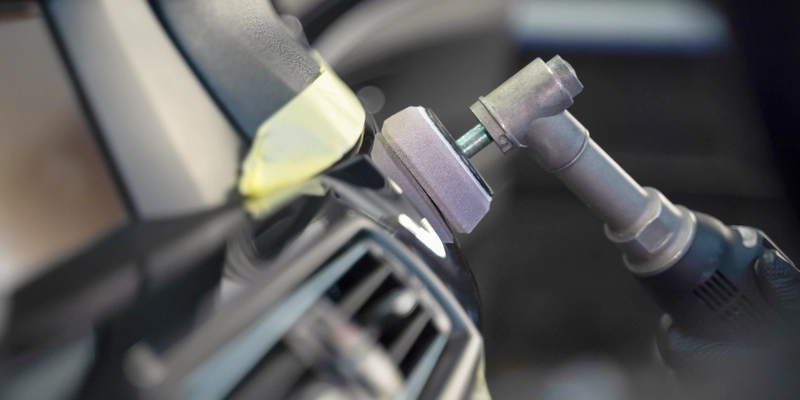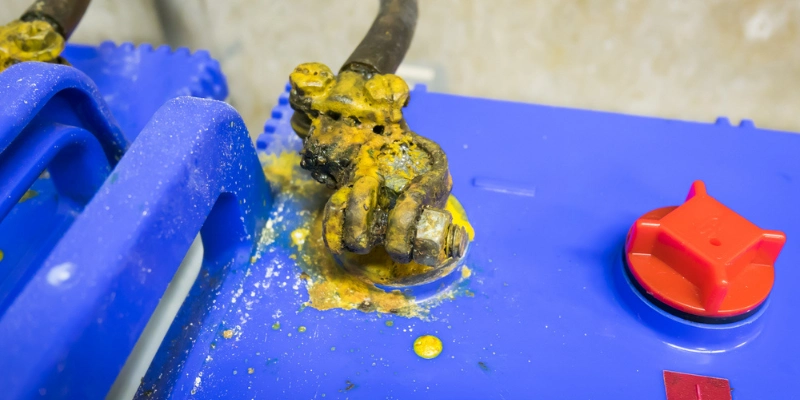Would you believe it if I told you that every week we get at least 5 to 10 customers who come to us complaining about one common problem?
It’s that they hear a noise when braking at low speed.
Now, I’m not going to lie, most of them sound terrified. But the thing is, there’s no reason to be scared if you notice it early.
The reasons are simple and it’s not that hard to fix them.
So, I thought why not share my opinions on the matter and solve it once and for all?
That being said, let’s see what I can do for you guys-
Types of the noise of braking system
Before we jump into the reasons and solutions, knowing the types of noise will give you a better idea of the problem.
That’s why we categorized the noise into 3 types. These are grinding, squealing, and squeaking. Now let’s get into details-
Grinding
The grinding noise from the braking system is a big red signal. The minute you hear brakes grinding at low speed, you should stop your vehicle.
When you hear a grinding noise when braking at low speed, it means that the brakes are all used up. The only thing left is the caliper and the rotor.
Squealing
Do you often park your vehicle outdoors or in a wet area?
I know you did it for the creaking sound when braking. You see when metal surfaces turn out rust for dampening.
And that’s exactly what’s happening here.
However, when you run the vehicle, the rust layer is pealed off. After pulling the brakes, the rubbing noise when braking at low speed might even be gone.
Nonetheless, it’s a bad idea to park in a wet area.
Squeaking
Low-quality brake pads are the primary reason behind scraping noise when braking at low speed. What happens is, that low-quality brakes often have huge metal flakes in them.
So, obviously, it comes in contact with the rotor and that’s when you hear the noise. That’s why it’s better to opt for high-quality brake pads in the first place.
Apart from that, when you hear the noise, the rotor is continuously getting damaged. The wear indicator of the brake will let you know that you need to change the brake pads.
So, before you completely damage the rotor, go for a top-of-the-line brake pad.
Related Topic: Muffler Noise When Accelerating
7 Reasons behind noise when braking at low speed
Now that you know the types of noise, it’s time to get info about the reasons. The reasons will also help you figure out the solution you need.
So, here are the reasons-
Reason 1: Worn-out brake pads
The most common reason for these sounds is worn-out brake pads. It’s kind of the vehicle’s way of letting you know that you need to change the brake pads.
You see, brake pads are made out of graphite, copper, and iron. These elements are mixed to make a single piece of brake pads. But with time, they get worn out.
That’s when the metal of the clipper and the rotor comes in contact, resulting in the said noise.
This is why you shouldn’t use brake pads for too long. They’re not too long so change them after a few years of use. Otherwise, you’ll face a lot more financial damage than you’d expect.
Reason 2: Low-quality brake pads
You see, brake pads need to have specific materials with a more specific ratio. The big manufacturers have the capacity to maintain all these factors but the problem comes with cheap-rated brake pads.
As those manufacturers don’t have the equipment to maintain these ratios, their products are usually low-quality.
That’s why you’ll never get the perfect accuracy with low-quality brake pads. And as a bonus, they make these awful sounds too.
So, if you’re planning on buying new brake pads, make sure they’re from a good manufacturer.
Reason 3: Used-up rotor disks
As you already know low-quality brake pads can damage your rotor disks. As these brake pads constantly come in contact with the rotor disks, it’s normal for them to have scratches.
After some time, you’ll notice that the rotor disks are not even flat. So, you need to do two things.
Number one is, don’t use low-quality brakes. Those do more harm than good.
Number two is, to avoid washing your vehicle with cold water while it’s still hot. That can lead to surface deflection.
Reason 4: Debris between the rotor and brake pads
If you’re living in an area filled with dirt and debris, it’s normal that some of it get into your vehicle. So, when dirt, debris, tiny rocks, or sand gets between the rotor and brake pads, you hear the grinding noise.
Sometimes, you might hear the noise when you’re not using the brake. That’s when you know your car needs cleaning.
Reason 5: Vehicle parked for too long
If you leave your vehicle parked for too long it’s normal for it to catch air full of vapors. That eventually leads to rust and corrosion.
The next time when you start your vehicle, you start hearing those noises. But it might go away after a few days of running.
Reason 6: Dried-up caliper screws
Lack of lubrication on the caliper screws and bolts can lead to scraping noises. If you can lubricate it on your own, then do it immediately. But if you don’t, take it to your mechanic.
Reason 7: Broken shims
These sit between the brake pads and the caliper to eliminate any sounds. So, I guess it’s obvious what happens when the component that eliminates noise gets broken. Hence, you should replace these as soon as possible.
5 Steps of How to fix low-speed brake noise
Types of brake noise- check, reasons for noise while braking at low speed- check, the only thing left is how you can fix this problem.
So, let’s get that out of the way-
Step 1: Look for loose parts
The first thing you need to do is to dismantle the entire front wheel. Now start wiggling all the components of the braking system.
Note that these components should not move at all. So, if they do move, it means there are loose parts that you need to fix.
Step 2: Use dampening paste
After you’ve checked out the loose parts, it’s time to apply some dampening paste. It’s a water-based compound that’ll reduce the vibration and wiggling of the components.
Use a thin layer of paste on the rear of the brake pads. After 2 to 3 hours, it should become dry. Only then you should reassemble the braking system.
Step 3: Check the brake pads
Check if the brake pads have worn out or not. As you already know this is the primary reason for brake noises.
However, before you replace the brake pads, you should try to sand them down and see if it works. If not, then you know you need some new brake pads.
Although there are incidents when new brake pads make noises too. So, give it some time before you replace that.
Step 4: Inspect the rotor
The final inspection is for the rotors. You see, damaged or deflected brake rotors can lead to brake noises.
That’s why you should check the thickness of the rotor. If it’s not right for your vehicle, get it machined.
However, severely damaged brake rotors can’t be fixed. So, the only option left for you is to replace those.
Step 5: Give it an extra inspection
As you’ve already dismantled your braking system, it’s better if you check the brake lines and brake oil. If there’s not enough fluid coming out, that might lead to problems.
So, make sure to level up the brake fluid.
However, if you notice that the color of the brake fluid isn’t quite right, you know it needs a change. In fact, you should change your brake fluid if it’s any color other than clear and bright.
FAQs
Why do I hear a clunk when I brake?
What do bad brake pads sound like?
Why does my car make a weird noise when I brake?
How often do brake discs need replacing?
Why do my brakes grind sometimes?
Parting words
Now, you know all the reasons behind the noise when braking at low speed. Additionally, you know the types of noises, and how you can fix those.
So, the next time you fall into a situation like this, you’ll know exactly what to do. But before we go away, we have a piece of advice for you.
Always remember to give your vehicle a monthly health check. You never know what problems your vehicle might have. So, the sooner you know about those, the easier it’ll be to fix those problems.
That also includes these brake pad problems. Good luck!
 Skip to content
Skip to content
